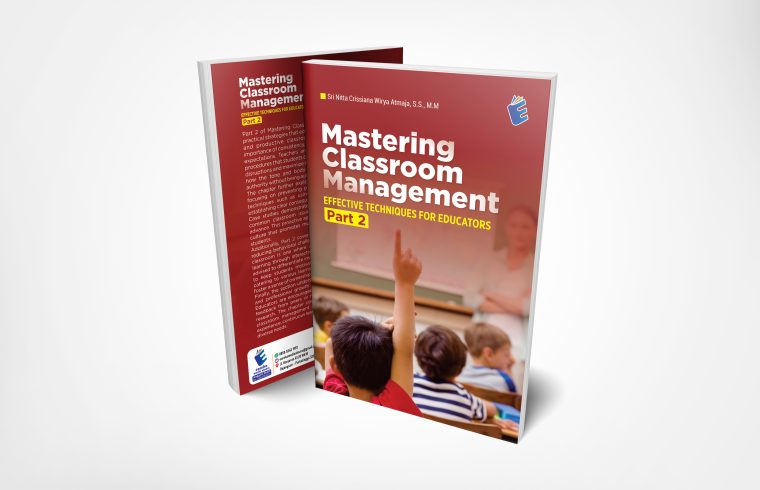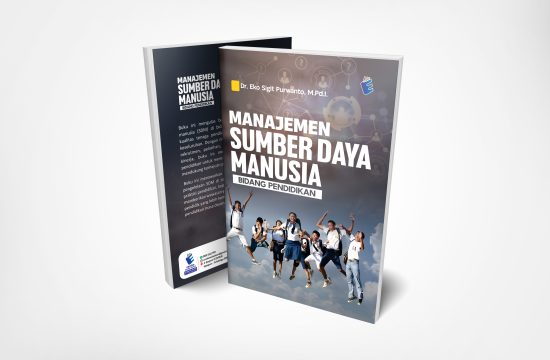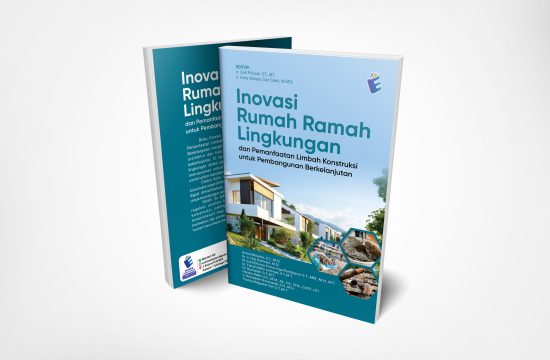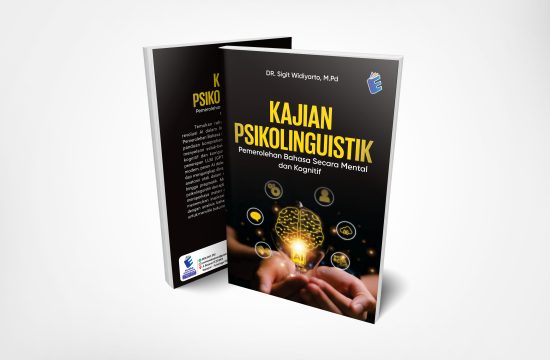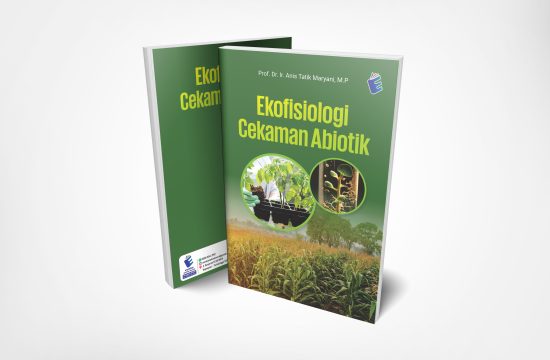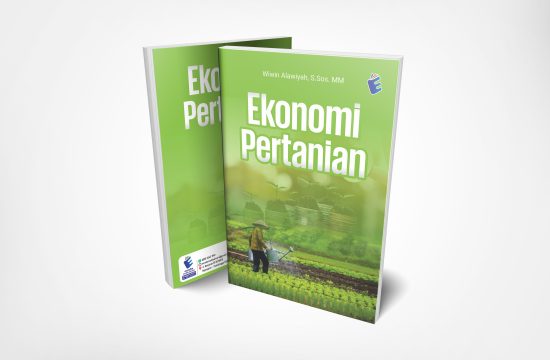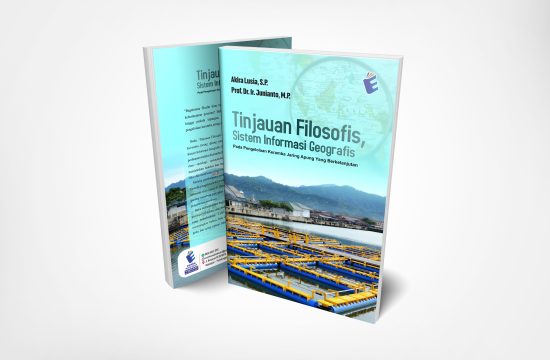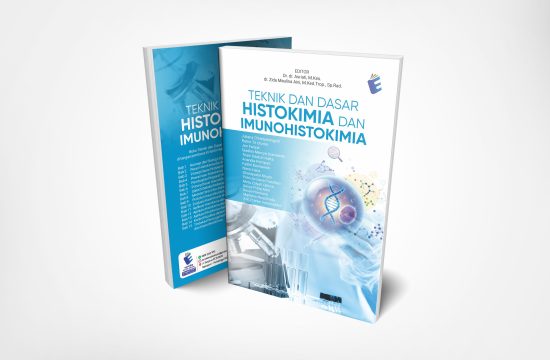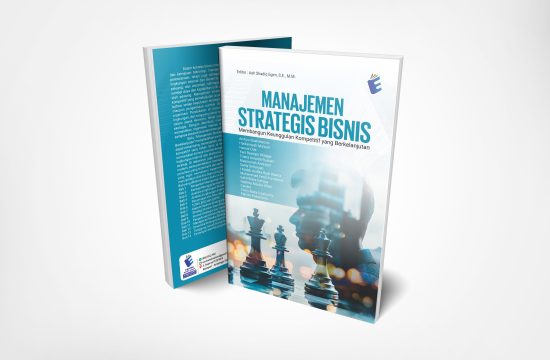Part 2 of Mastering Classroom Management delves deeper into practical strategies that educators can apply to maintain a positive and productive classroom environment. It emphasizes the importance of consistency, fairness, and clarity in setting behavioral expectations. Teachers are encouraged to develop routines and procedures that students can easily follow, which helps to minimize disruptions and maximize learning time. The section also highlights how the tone and body language of a teacher can reinforce authority without being authoritarian.
The chapter further explores proactive classroom management, focusing on preventing problems before they arise. It presents techniques such as using seating arrangements strategically, establishing clear consequences, and reinforcing positive behavior. Case studies demonstrate how experienced teachers anticipate common classroom issues and prepare intervention plans in advance. This proactive approach is linked to building a classroom culture that promotes mutual respect and responsibility among students.
Additionally, Part 2 covers the value of student engagement in reducing behavioral challenges. It suggests that a well-managed classroom is one where students are actively involved in their learning through interactive and relevant activities. Teachers are advised to differentiate instruction and use formative assessments to keep students motivated and appropriately challenged. By catering to various learning styles and interests, educators can foster a sense of ownership and cooperation among students.
Finally, the section underscores the importance of self-reflection and professional growth in mastering classroom management. Educators are encouraged to evaluate their own practices, seek feedback from peers or mentors, and stay updated on current research. The chapter concludes with a reminder that effective classroom management is a dynamic skill that evolves with experience, continuous learning, and an understanding of students’ diverse needs.
Author : Sri Nitta Crissiana Wirya Atmaja, S.S.,M.M
Book Page : 166
DOWNLOAD
PRE-ORDER | Rp. 64.000
